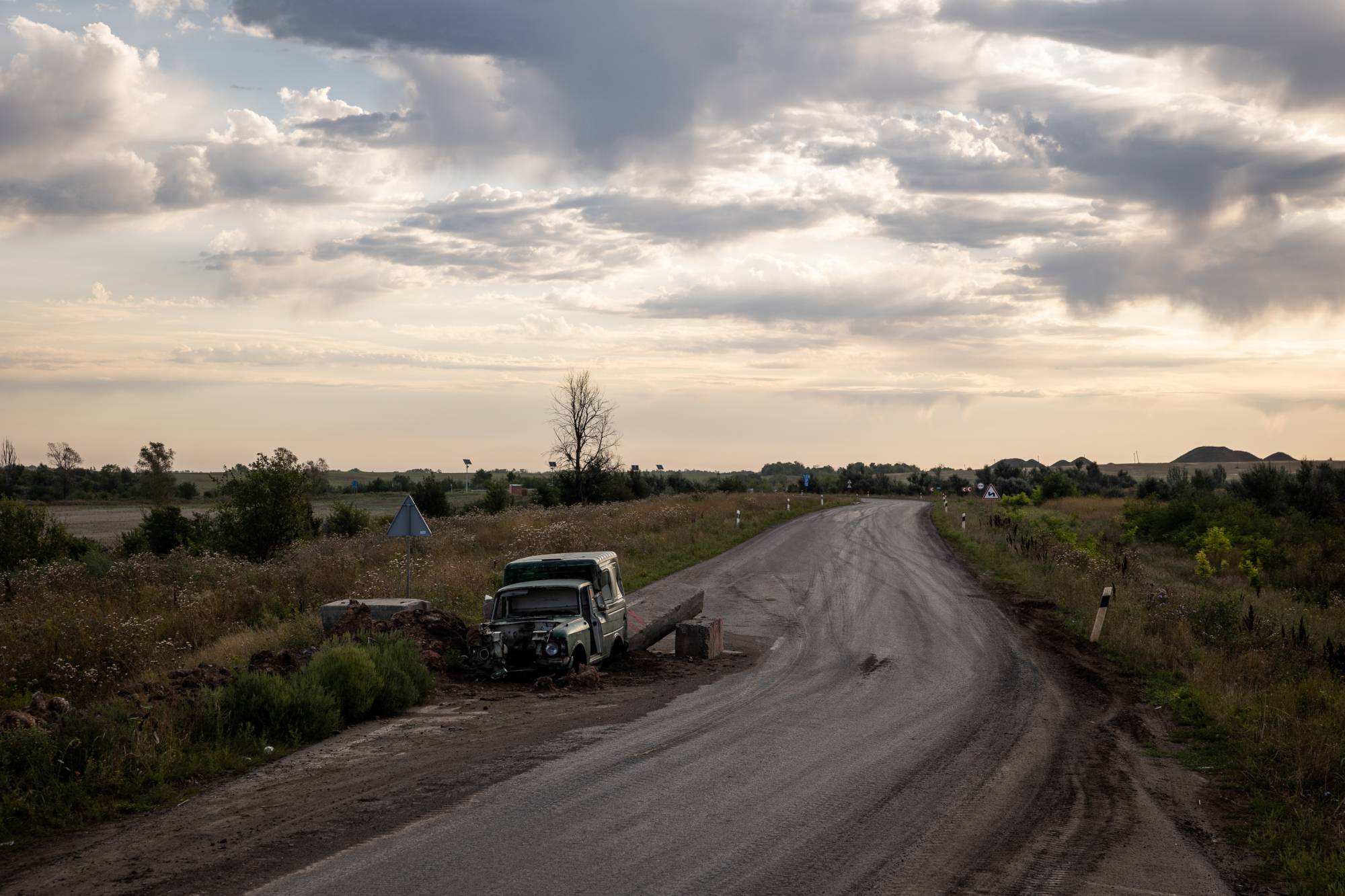On a clear spring morning eight years ago, Oleksandr Khainus stepped outside his house to go to work at the town factory when he spotted new graffiti scrawled across his fence. "Glory to Russia,” vandals had written in angry black spray paint. "Putin,” another message said.
Khainus was perplexed. It was true that Chasiv Yar, the Rust Belt-like town where he has spent his entire life in a region called the Donbas, had long contained many conflicting opinions on its identity. Geographically, the Donbas was part of Ukraine, no question, but it was so close to Russia and so tied to it historically that many maintained that their true home really lay eastward.
"It was the type of stuff you’d argue about over the dinner table,” he said. "But nothing that anyone would get violent over.”
















With your current subscription plan you can comment on stories. However, before writing your first comment, please create a display name in the Profile section of your subscriber account page.